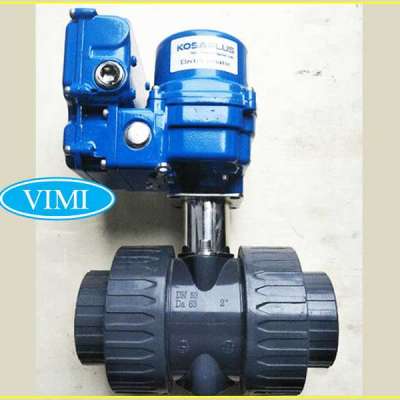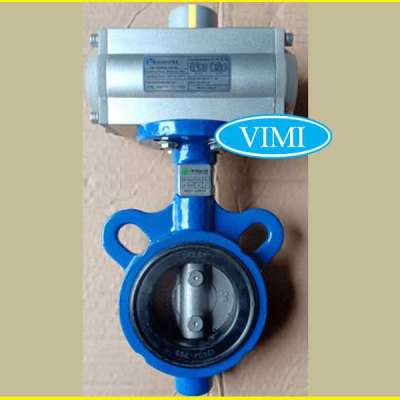Optimizing Healthcare Operations with a Comprehensive Hospital Management System:
In the rapidly evolving healthcare sector, the integration of technology into hospital operations has become essential for enhancing efficiency, improving patient care, and ensuring regulatory compliance. A Hospital Management System (HMS) serves as a pivotal tool in achieving these objectives by streamlining various administrative and clinical processes within healthcare institutions.
Centralized Patient Information Management:
An effective HMS centralizes patient data, including demographics, medical history, treatment plans, and billing information. This centralized repository facilitates seamless communication among healthcare providers, ensuring that all team members have access to up-to-date patient information. Such accessibility enhances the quality of care, reduces the risk of errors, and improves patient outcomes.
Efficient Appointment Scheduling and Management:
Managing patient appointments can be a complex task, especially in large healthcare facilities. An integrated HMS offers features like online booking, automated reminders, and real-time slot availability updates. These functionalities not only reduce no-show rates but also optimize the utilization of healthcare professionals' time, leading to improved operational efficiency and patient satisfaction.
Streamlined Billing and Revenue Cycle Management:
Financial operations in healthcare institutions involve intricate processes, including insurance claims, patient billing, and reimbursement procedures. A robust HMS automates billing tasks, ensuring accurate coding and timely submissions. This automation minimizes errors, accelerates reimbursement cycles, and provides transparent financial reporting, which is crucial for the sustainability of healthcare organizations.
Laboratory and Diagnostic Integration:
Integrating laboratory and diagnostic services into the HMS allows for the swift sharing of test results, reducing delays in diagnosis and treatment. This integration ensures that clinicians have immediate access to critical information, enabling informed decision-making and personalized patient care.
Inventory and Supply Chain Management:
Efficient management of medical supplies and pharmaceuticals is vital to prevent shortages and reduce wastage. An integrated HMS provides real-time tracking of inventory levels, automated reorder alerts, and supplier management features. This proactive approach ensures that necessary supplies are always available, supporting uninterrupted patient care.
Data Analytics for Informed Decision-Making:
Modern HMS platforms incorporate advanced data analytics capabilities, allowing healthcare administrators to monitor key performance indicators (KPIs), patient outcomes, and operational efficiencies. By analyzing trends and patterns, healthcare providers can make informed decisions, implement evidence-based practices, and continuously improve service delivery.
Enhanced Communication and Collaboration:
Effective communication among healthcare teams is essential for coordinated patient care. An integrated HMS facilitates secure messaging, shared access to patient records, and collaborative tools, breaking down silos and fostering a team-based approach to healthcare delivery.
Compliance and Data Security:
With the increasing digitization of health information, ensuring compliance with regulations such as HIPAA and GDPR is paramount. An effective HMS incorporates robust security measures, including data encryption, access controls, and regular audits, safeguarding patient information and maintaining trust.
Telemedicine and Remote Patient Monitoring:
The integration of telemedicine features within the HMS enables healthcare providers to offer remote consultations, expanding access to care, especially in underserved areas. Additionally, remote patient monitoring tools allow for continuous tracking of patient health metrics, facilitating proactive management of chronic conditions and reducing hospital readmissions.
Customization and Scalability:
Recognizing that each healthcare institution has unique needs, modern HMS platforms offer customization options to tailor functionalities according to specific requirements. Scalability ensures that as healthcare organizations grow, the system can adapt, accommodating increased patient volumes and expanding service offerings without compromising performance.
Conclusion:
The integration of a comprehensive Hospital Management System is instrumental in transforming healthcare operations. By centralizing information, automating processes, and fostering collaboration, HMS platforms not only enhance operational efficiency but also contribute to improved patient care and satisfaction. As the healthcare industry continues to evolve, embracing such integrated solutions will be crucial in meeting the demands of modern healthcare delivery.
Source: https://www.osplabs.com/hospit....al-management-system
Gusto
Magkomento
Ibahagi















